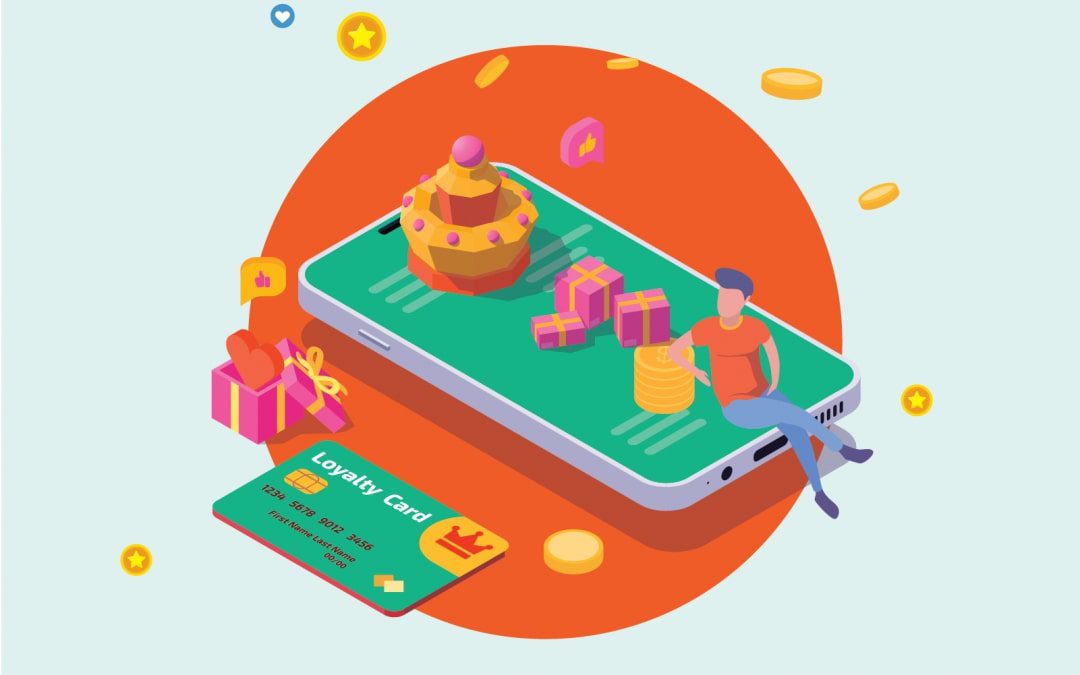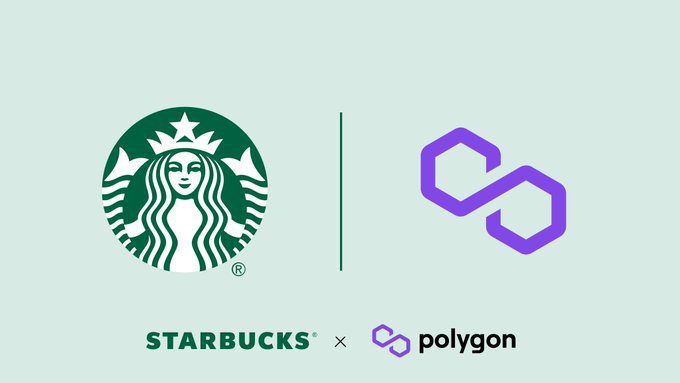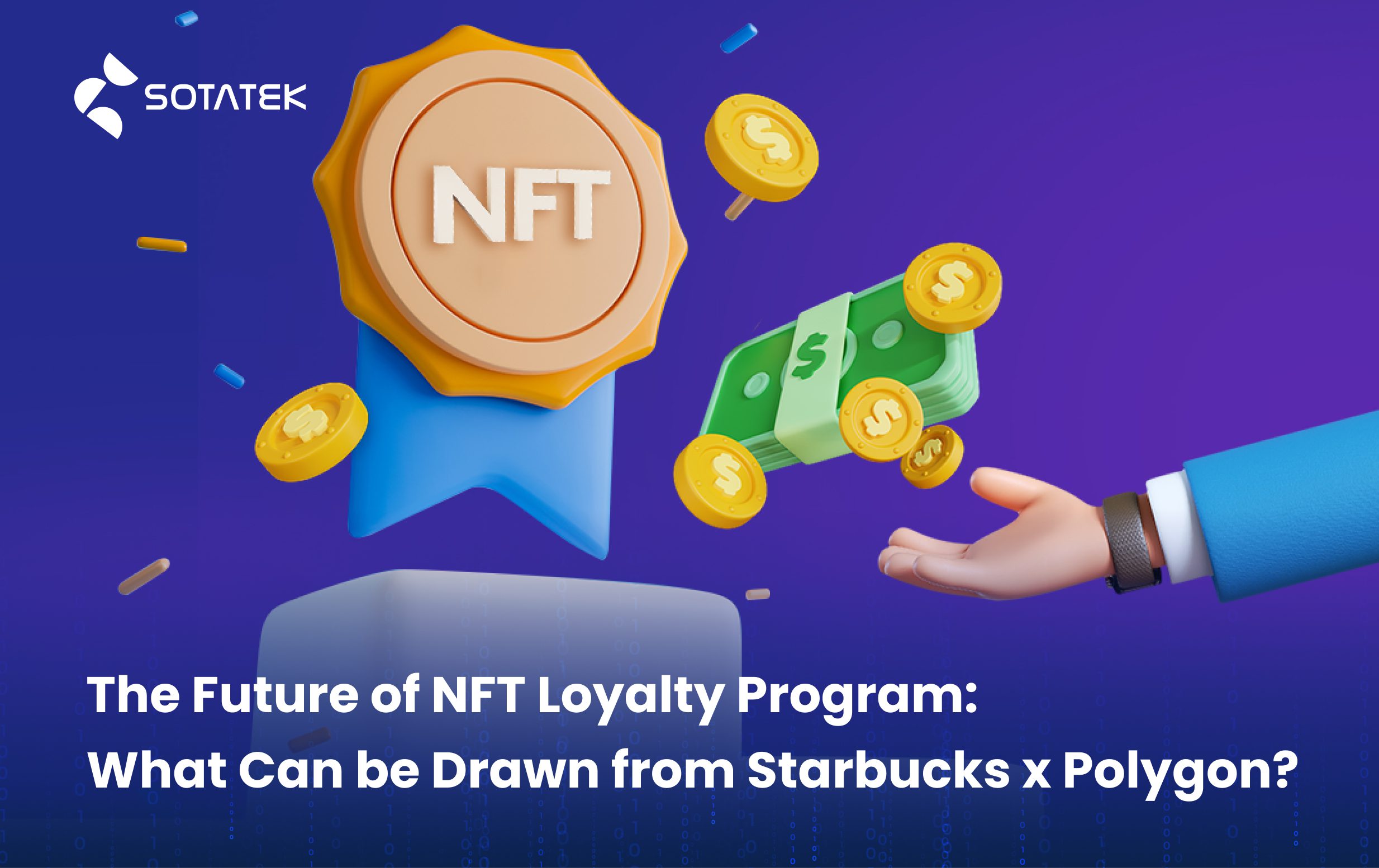NFT has recently become a hot commodity: from $590,000 for funny pop-tart cat memes to nearly $3 million for purchasing screenshots of the first tweet of 2006. In addition, Ghozali earned approximately 1.5 billion in Indonesia for his selfies on the OpenSea NFT marketplace. Following this latest technology, businesses have also added NFTs to their rewards programs. Unlike traditional digital rewards programs, the NFT Loyalty Program offers a novel approach to identifying the most loyal and likely customers to spend money on their brand. So, what impact does NFT have on your loyalty programs? How can NFT be used to add a refreshing element to a loyalty program? Let’s find out in this article!
1. How Does NFT Loyalty Program Differ from the Tradition Rewards Program?
The Loyalty Program is a system that rewards "loyal" customers based on their frequency of purchases and the amount spent. The more your customers use your services and goods, the more points they accumulate to redeem for free or discounted items. An NFT loyalty program borrows the traditional loyalty program ethos but the loyalty card is replaced by NFT blockchain technology - which is non-fungible, unique, and irreplaceable. Because NFTs thrive on exclusivity and the fear of missing out (FOMO), NFT loyalty programs provide a unique opportunity for businesses to engage customers by leveraging the collectible digital item paradigm.

The loyalty card is replaced by NFT blockchain technology
Unlike traditional loyalty programs, which are designed to benefit the business in the short term, NFT loyalty programs can benefit the business in the long term through customer involvement and engagement. NFT loyalty programs give consumers more flexibility and control while creating value and digital scarcity for items with real-world value.
2. Benefits of Loyalty Programs using NFT
For any digital rewards program, rewards have an essential role to play in driving member acquisition and engagement. If businesses intend to apply NFTs to their loyalty programs, below are some advantages of NFTs to consider:
- Unique: As its name (non-fungible tokens) suggests, NFTs are meant to be unique and limited items, not mass-produced. Keeping exclusivity and as close to rarity as possible keeps them shrouded in a mystical sense of uniqueness and exclusivity. Besides, each NFT must be designed to function in a specific context for your company — a specific campaign or sales period in which the dimensions of the NFT change constantly for each given idea. This allows customers to experience a unique feeling whenever they receive an NFT, which is distinct from other brands' standard rewards programs, prompting them to stick with your brand.
- Cost-effective: Because NFTs are relatively simple to create, the barrier to entry is low. Collections can be algorithmically programmed to save money while maximizing brand value. The real investment is in developing and committing to a long-term strategy that is consistent with the brand's identity.
- Long-term brand equity: To maintain a brand in the long term, a brand should follow the trend, and leverage technology to always stay ahead of its competitors. NFTs offers a new way to directly access and reward customers, collaborate with other brands, support a social cause, and build a community – all of these elements can encourage consumers to follow and engage with a brand in the long run.
3. Case Study: Starbucks NFT Loyalty Programs
Starbucks has recently partnered with Polygon to provide blockchain technology for its recently announced Web3 experience, Starbucks Odyssey. This collaboration promises to take its rewards loyalty programs, which were previously successful in increasing revenue, to a new level.

Starbucks partner with Polygon to bring about NFT Loyalty Programs
In the past, when customers bought a drink at Starbucks, they could earn "stars" and redeem them for a free drink or cake. The Web3 experience, on the other hand, will be completely different. Starbucks Rewards members and Starbucks partners (employees) in the US can now seize an opportunity to earn and buy digital collectible assets that grant access to new benefits and immersive coffee experiences. To be more specific, members will join Starbucks Odyssey ‘journeys’, such as playing interactive games or taking on fun challenges to deepen their knowledge of coffee and Starbucks. When completing journeys, they can earn a digital collectible ‘journey stamp’ (NFT). They can also purchase ‘limited-edition stamps’ (NFTs) without needing a crypto wallet or cryptocurrency. Such stamps represent a specific point, which helps to increase their members' points and gain access to previously unavailable benefits and experiences.
This new Web3 experience and NFT Loyalty Program appear to be captivating to both crypto fans and non-crypto enthusiasts. “Our vision is to create a place where our digital community can come together over coffee, engage in immersive experiences, and celebrate the heritage and future of Starbucks.” - said Brady Brewer, Starbucks executive vice president, and chief marketing officer.
4. Final Thoughts
Starbucks is just a start of a trend integrating NFTs with an industry-leading loyalty program on a large scale. We anticipate that many other brands will follow this NFT loyalty program in the near future in order to increase customer engagement significantly.
Are you a Web2 brand interested in pursuing an NFT loyalty program and leveraging the Web3 experience for your end-users? Send us a message to discuss this further. SotaTek is a global Software Development as a Service (SDaaS) corporation, the largest Blockchain consultant and solution provider in South East Asia. We own 1000+ in-house employees and 10 global offices to seamlessly offer IT services for clients all over the world. Our Blockchain skills and expertise have been demonstrated through over 500+ successful projects, and a strong network with Tech giants (Cardano, Casper, Klaytn, Dvision network, Xeno Holdings,...). If you have a project in mind, join us right now and enjoy price incentives!
For more information:
Email: contact@sotatek.com
LinkedIn: https://www.linkedin.com/company/sota-tek-.-jsc/
Twitter: https://twitter.com/SotaTek



